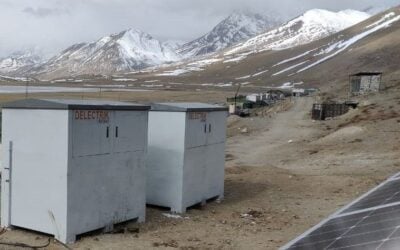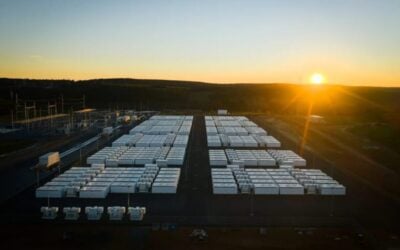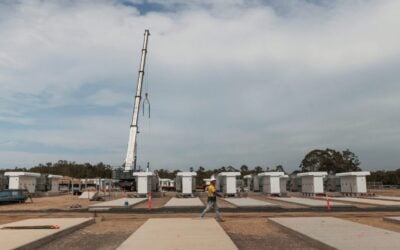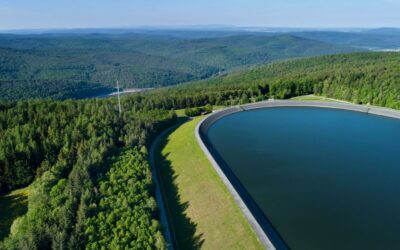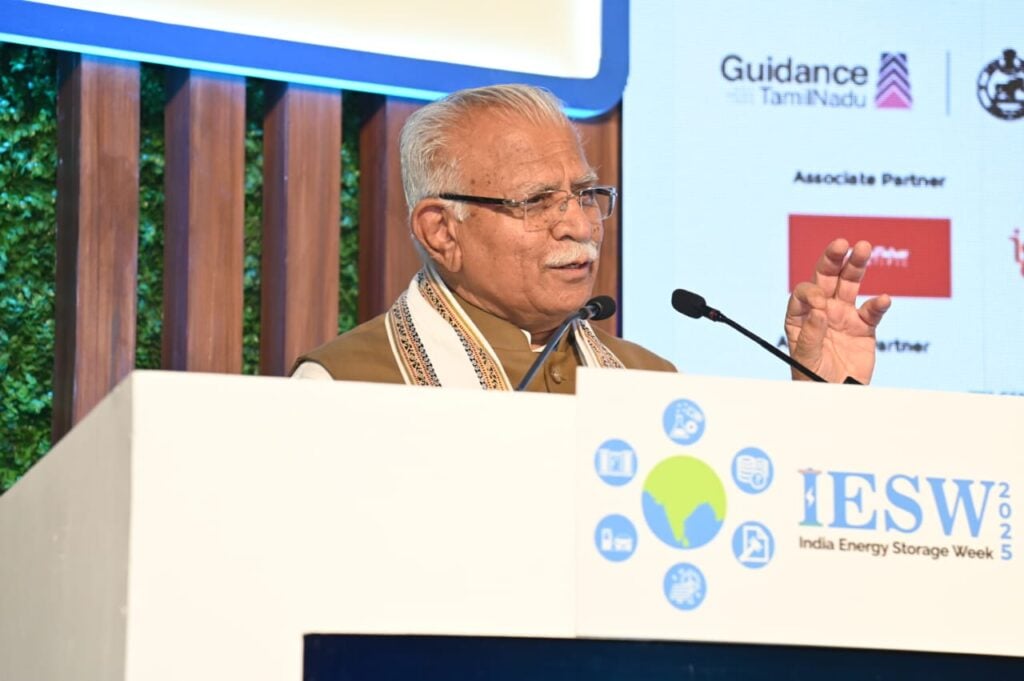
Tenders for a cumulative 171GWh of energy storage capacity have been launched in India, including more than 55GWh in the first half of 2025 alone.
According to figures reported by the India Energy Storage Alliance (IESA) trade association, 118 energy storage-linked tenders, including renewable energy-plus-storage hybrids and standalone energy storage, have been held since the first in 2018.
IESA’s numbers as of June 2025 show that 171GWh of total energy storage system (ESS) capacity has been put to tender, including 106GWh of pumped hydro energy storage (PHES) and 66GWh of battery energy storage systems (BESS).
While around 38.72GWh of tender-awarded capacity was subsequently cancelled, mainly in earlier procurements, a total of 48.54GWh is known to be under construction across both technologies, including just under 40GWh of pumped hydro and just under 10GWh of BESS.
Try Premium for just $1
- Full premium access for the first month at only $1
- Converts to an annual rate after 30 days unless cancelled
- Cancel anytime during the trial period
Premium Benefits
- Expert industry analysis and interviews
- Digital access to PV Tech Power journal
- Exclusive event discounts
Or get the full Premium subscription right away
Or continue reading this article for free
IESA president Debmalya Sen told Energy-Storage.news that of 55.4GWh put out to tender so far in 2025, around 22GWh is battery storage.
As Sen wrote in a Guest Blog for this site a few weeks ago, tenders are driving forward a market transformation, hosted by a combination of central nodal agencies such as the Ministry of Power’s Solar Energy Corporation of India (SECI) and various Indian states.
However, the hosting of tenders is only a significant first step towards the widespread adoption of energy storage needed to support India’s national goals including the deployment and grid integration of 500GW of non-fossil fuel capacity by 2030.
That goal includes 472GW of renewables, including solar PV and wind. Union Power Minister Manohar Lal Khattar, said that India has attained about 50% of that renewable energy capacity, according to remarks given at IESA’s India Energy Storage Week conference this week and reported by media outlet Economic Times.
India needs 4GW/17GWh BESS, 3GW/16GWh pumped hydro for FY2025-2026 resource adequacy
The minister noted that energy storage costs have fallen in the past three to four years from about INR1 million (US$11,670.49)/MW/month to INR250,000/MW/month.
Another speaker at the event, Central Electricity Authority chair Ghanshyam Prasad, said that at present, only 250MW and 506MWh of BESS projects are operational in the country, which is a “meagre” figure compared to the total 74GW of energy storage required across both BESS and PHES by 2031-2032, according to CEA modelling.
A separate report published this week by market research firm Mercom India tallied energy storage market figures for 2024, finding that more than 341MWh of that installed BESS capacity was added last year.
This was a more than sixfold increase from the 51MWh installed in 2023. India’s three leading states for deployment in 2024 were Karnataka, with 36% of new capacity, Chhattisgarh, with 27% and Gujarat with 17%.
Mercom noted that around 60% of the cumulative installed capacity was represented by batteries at solar-plus-storage hybrid plants. This shows that there has been considerable uptake of standalone storage, given that as of March 2024, it was closer to 90% hybrid storage, according to a previous Mercom report.
IESW said in its H1 2025 report that under projections of the national Short-Term National Resource Adequacy Plan (ST-NRAP) produced by the National Load Dispatch Centre (NLDC), India requires 4GW/17GWh of BESS and 3GW/16GWh of pumped hydro to be installed by the end of the 2025-2026 financial year (FY2025-2026).
According to the trade association, while the BESS development pipeline stands at 43GWh and PHES under competitive bidding 60GWh, India cannot afford further delays to any projects if it is to meet near-term and future projections.

